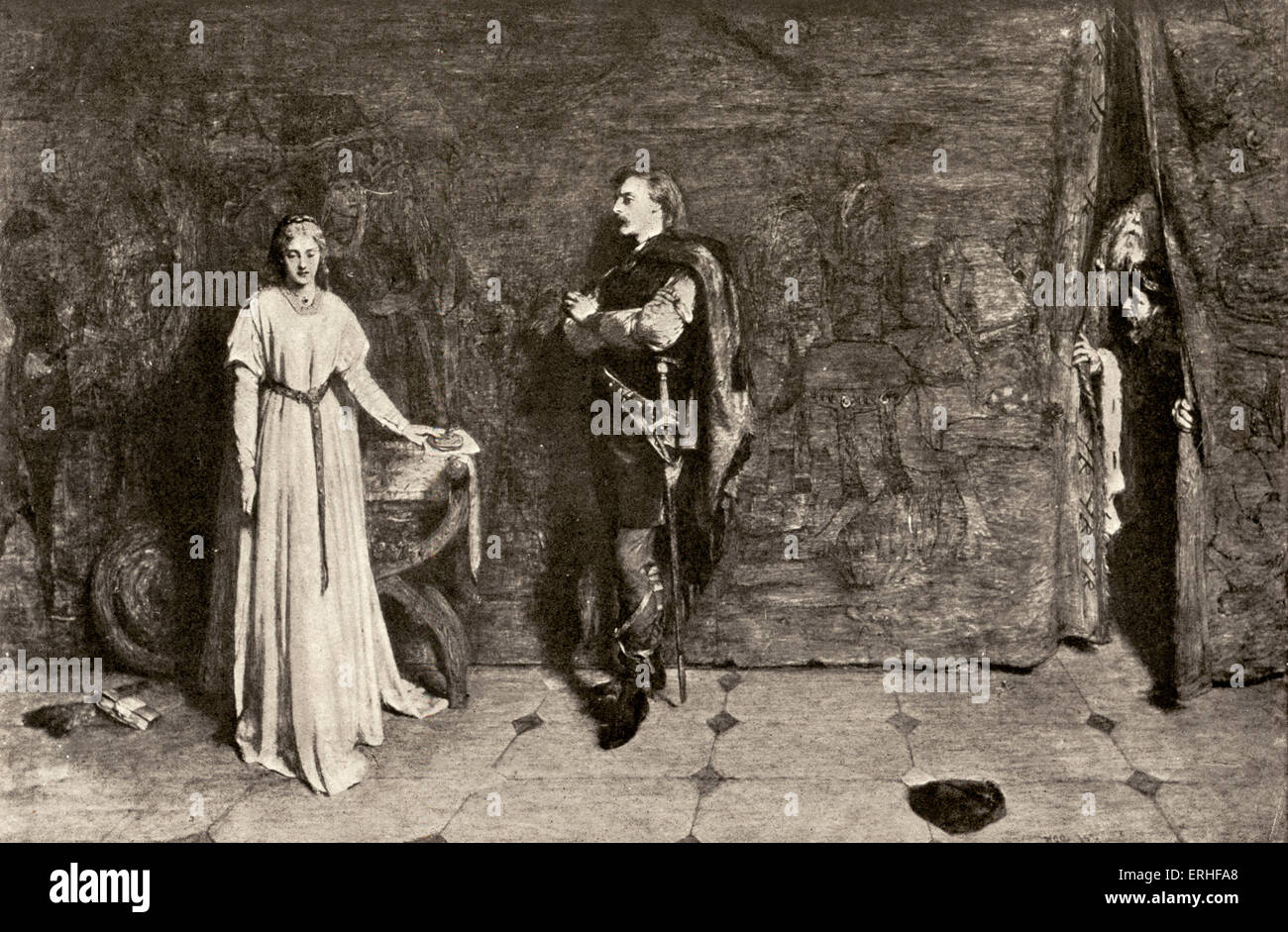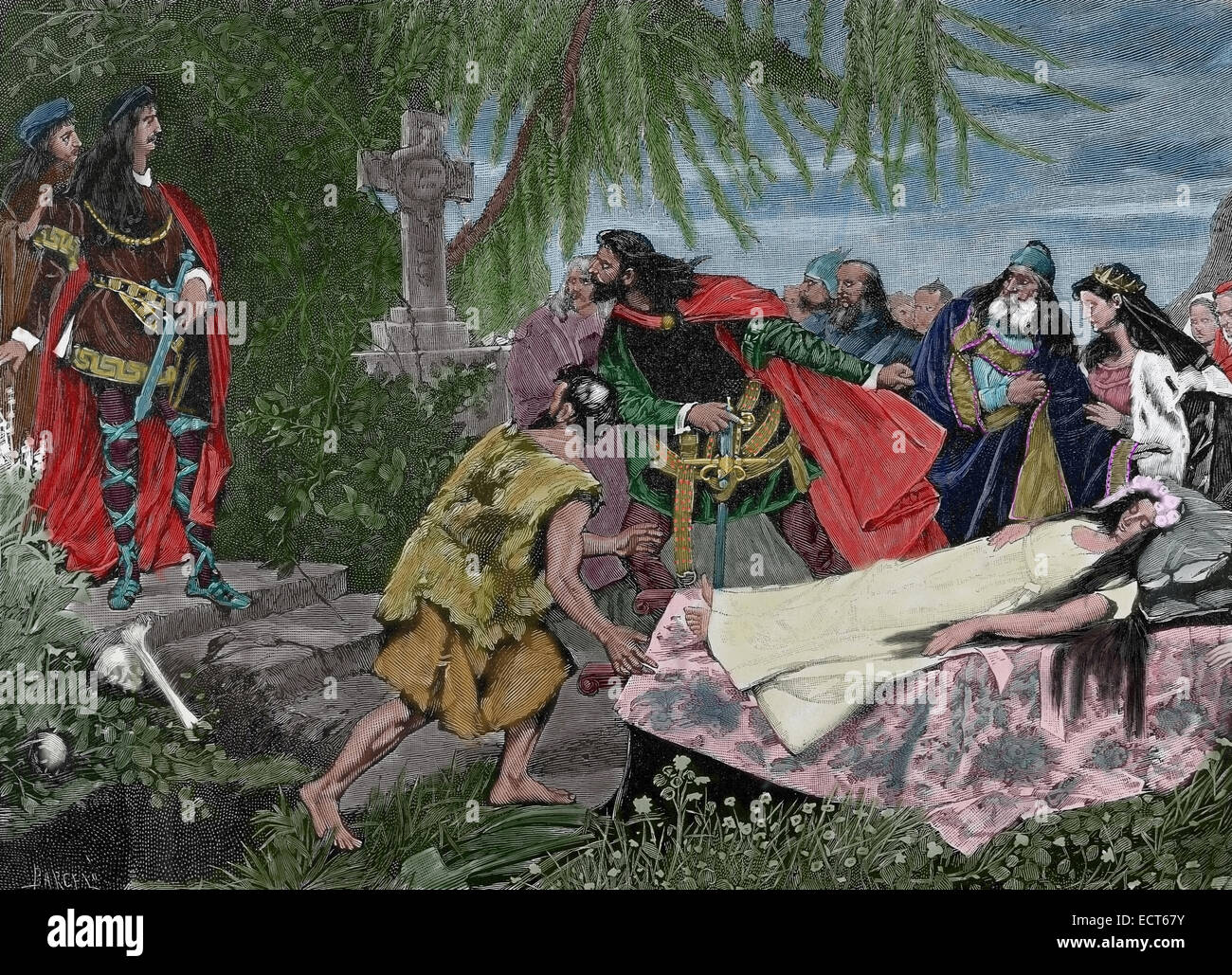Hamlet, the titular character of William Shakespeare's play, is often considered to be a tragic hero. This is because he possesses several characteristics that are commonly found in tragic heroes, such as a tragic flaw, a desire for justice, and a noble status.
One of the main reasons why Hamlet is considered to be a tragic hero is because he has a tragic flaw, which is a character trait that ultimately leads to his downfall. In Hamlet's case, his tragic flaw is his indecisiveness. Throughout the play, Hamlet is torn between his desire for revenge and his moral conscience, which causes him to hesitate and procrastinate in taking action. This ultimately leads to the tragic events of the play, as his indecisiveness causes him to miss several opportunities to kill his uncle, Claudius, and bring about justice for his father's murder.
In addition to his tragic flaw, Hamlet is also motivated by a strong desire for justice. After learning that his uncle, Claudius, has murdered his father and seized the throne, Hamlet is determined to bring about justice by avenging his father's death. This desire for justice is a driving force behind Hamlet's actions throughout the play, and it ultimately leads him to his tragic end.
Finally, Hamlet is also a tragic hero because he is of noble status. As the prince of Denmark, Hamlet is of high social standing, which adds to the tragic elements of the play. His fall from grace is all the more devastating because he is a member of the royal family, and his actions have far-reaching consequences for the kingdom.
In conclusion, Hamlet is a tragic hero because he possesses several characteristics that are commonly found in tragic heroes, such as a tragic flaw, a desire for justice, and a noble status. His indecisiveness, desire for justice, and high social standing all contribute to the tragic events of the play, and ultimately lead to his tragic end.








